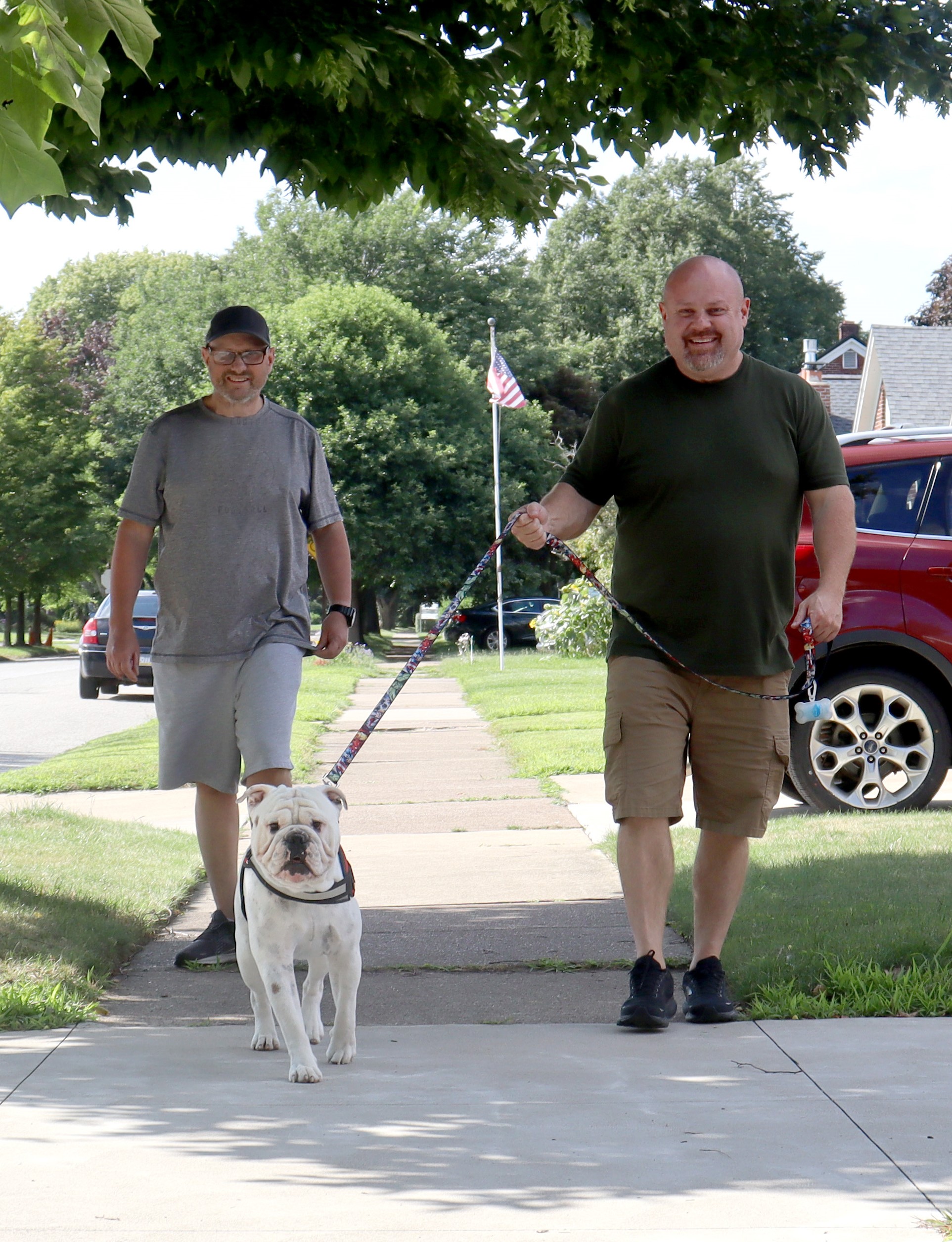Lifesharing Through Family Living

What is Lifesharing?
Lifesharing through Family Living enables an individual with intellectual disabilities to join a provider family or a companion in their private home as a member of that family. Becoming a Lifesharing family with a person with disabilities, who may or may not be biologically related, means opening one's home and heart to someone who desires to live in a shared, supportive family environment.
Benefits of Lifesharing:
- Less restrictive, more individual-based residential service than group home services with 24/7 support from Barber National Institute staff.
- Being part of a family in a caring, committed home.
- Stability and continuity in one's life.
- Increased community involvement.
- Developing relationships and friendships.
- Providers specifically trained on the individual's diagnosis, needs, strengths, and interests.
How Can I Get More Information?
Lifesharing is a wonderful program that enriches the lives of all involved! If you would like more information, please contact (215) 871-0731 for Philadelphia or, in Erie, contact Cassie Pilarski at (814) 878-4115.
Contact Us in ErieContact us in PhiladelphiaLifesharing Provider Application
Lifesharing FAQs
Lifesharing through Family Living enables an individual with intellectual disabilities to join a provider family or a companion in their private home as a member of that family. Becoming a Lifesharing family with a person with disabilities, who may or may not be biologically related, means opening one's home and heart to someone who desires to live in a shared, supportive family environment.
- Less restrictive, more individual-based residential service than group home services with 24/7 support from Barber National Institute staff.
- Being part of a family in a caring, committed home.
- Stability and continuity in one's life.
- Increased community involvement.
- Developing relationships and friendships.
- Providers specifically trained on the individual's diagnosis, needs, strengths, and interests.
Enjoying people and being willing to share and help others are the most important skills for a provider. Our providers are very diverse and include single adults, single parents, two-parent families with children, and "empty-nest" families. No special experience is needed to become a provider; training and support are provided by the staff of the Barber National Institute.
Yes, biological family members can become Lifesharing providers through the Unlicensed Lifesharing program. These providers can be a parent, child, stepparent, stepchild, grandparent, grandchild, brother, sister, half-brother, half-sister, aunt, uncle, niece or nephew. Family members who choose to become a provider through Unlicensed Lifesharing do not undergo licensing inspections to meet state regulations, but they must receive annual trainings.
- Varies depending on the family's and individual's desires and family dynamics.
- The provider family is not meant to replace the biological family but to serve as an extension of the family.
With Lifesharing, the individual will join the provider home as a participating member of that family. Priority is given to finding a Lifesharing provider who has similar interests, goals, levels of activity and who can also provide the support needed.
In community group homes, an individual will likely reside with up to three other adults in a home in a neighborhood that is staffed 24 hours a day, seven days a week by direct support professionals. In both instances, the adults live in a family-like environment where they benefit from inclusion in their communities. It is a matter of personal preference as to the choice the individual may make.
While individuals with intellectual disabiliteis may learn more slowly than others, they have the same dreams of independence, friendship and fulfillment. They can also give back love and be a contributing member to family and community. Many of the individuals are currently residing in residential community homes and have expressed a desire to live as part of the family.
Yes! A Lifesharing Specialist is always available 24/7 to give support, answer questions you may have and assist in coordination of:
- behavioral support
- speech/communication assistance
- other supports for the individual
The potential providers and the individual are carefully interviewed, then matched to ensure they have compatible interests and personalities. The Lifesharing Specialist will then arrange supervised visits to introduce the individual to the provider’s home and family. You will slowly progress, developing a relationship, until all parties feel comfortable with the move into your home
Providers receive a federally tax-exempt stipend twice every month to cover service and room/board. The individual’s income and benefits cover their own medical expenses and personal purchases. Additional support services are available based on the individual’s needs. Payments to the providers can also be used to cover the cost of "substitute care" if a provider is not able to provide for short periods such as vacations, illness, etc.

